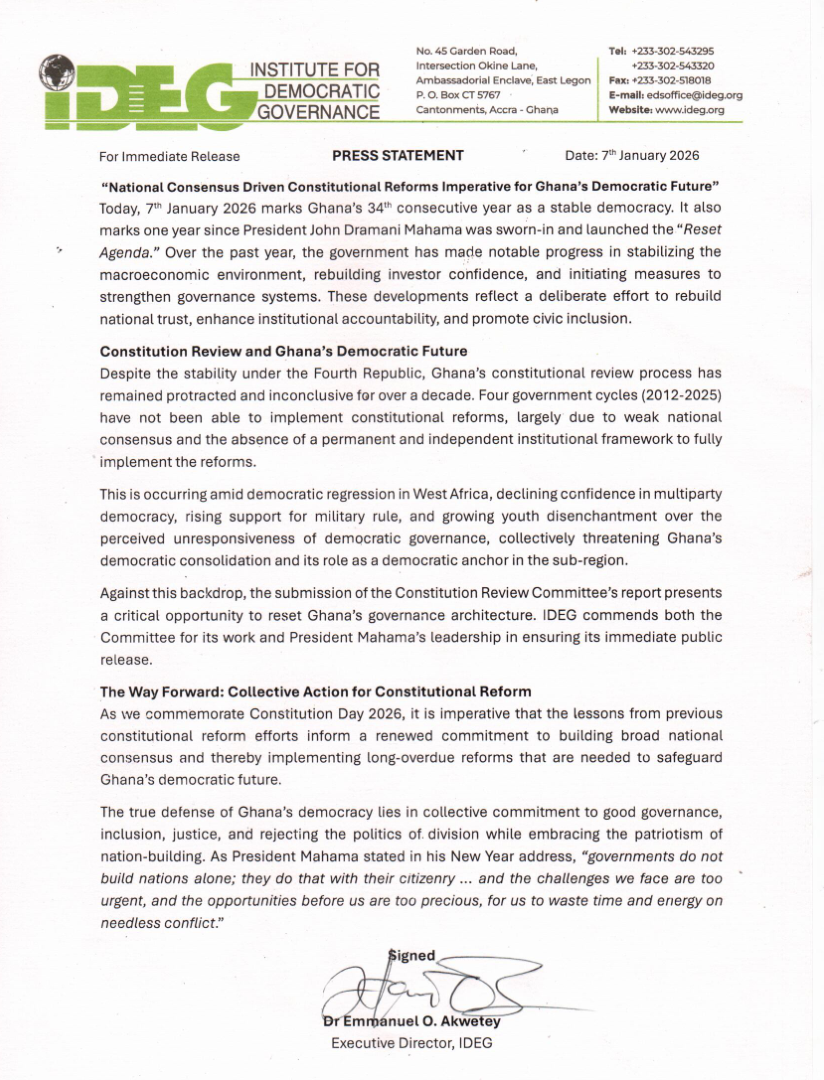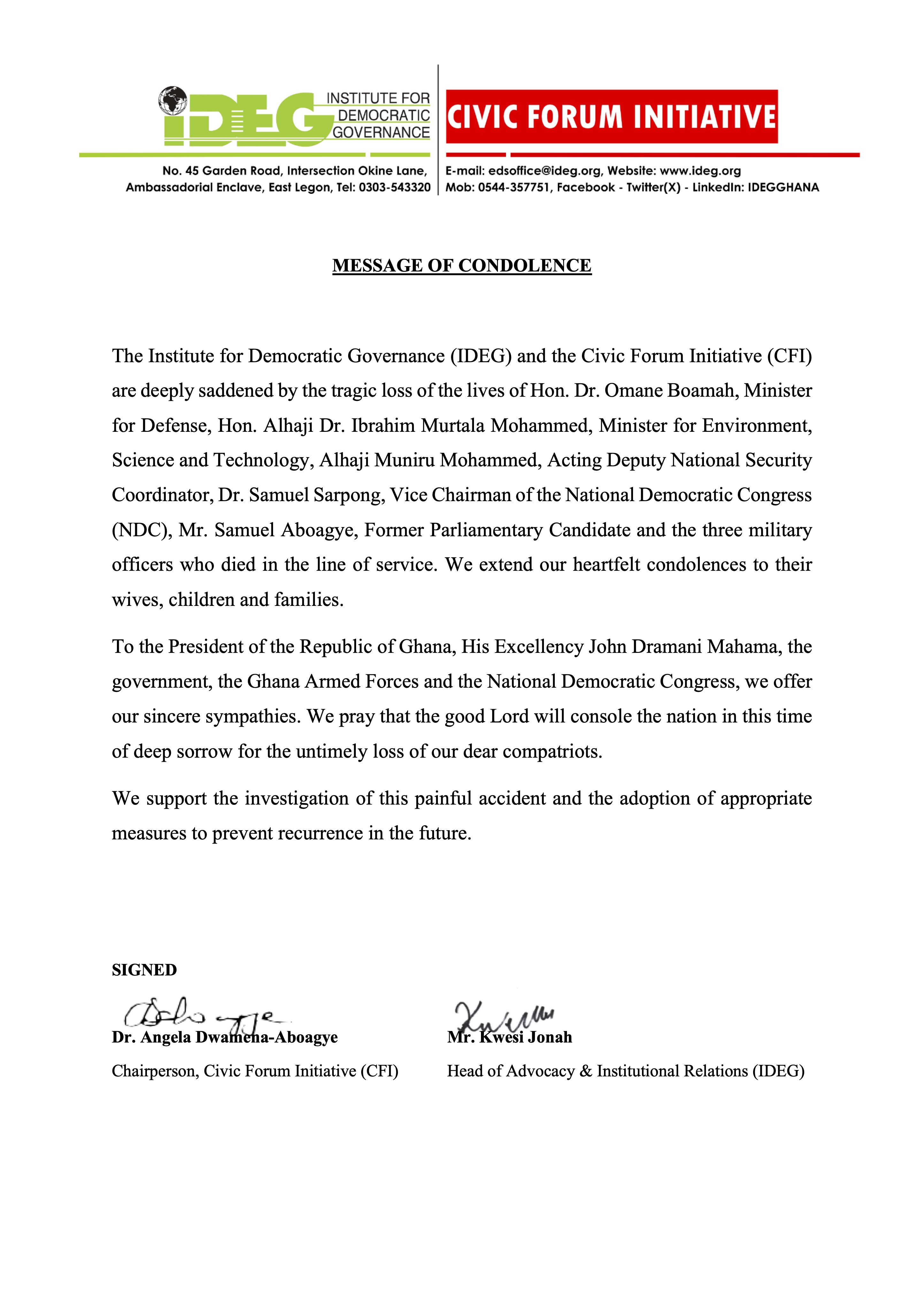MONETIZATION OF ELECTORAL POLITICS
Monetization of electoral politics has become an emerging threat to Ghana’s democracy. The emergence of the growth of use of money to negatively influence the nation’s electoral politics and governance is undermining multiparty representative democracy in the country. This constitutes the giving of cash or other material incentives in exchange for votes, a phenomenon known in Ghana as
“moneycracy”. Political parties and election candidates have had the habit of engaging in excessive vote buying in order to get elected into office both during intra and inter-party level elections.
Since the 2004 presidential and parliamentary elections, the country has witnessed a significant rise in this negative trend and its derailing impact on the integrity of elections. During the August 2019 NDC parliamentary primary election, one candidate in the Madina constituency in Accra confessed that his victory cost him GHS 300,000.00. Likewise, during the NPP primaries in July 2020, there was evidence of vote buying, with some candidates alleged to have paid as much as GHC 3,000 per delegate as well
as other gift items.
This phenomenon has unnecessarily raised the cost of contesting in elections to exorbitant levels. In a 2017 survey of Parliamentarians in Ghana, the Westminster Foundation for Democracy (WFD) found that it cost approximately $87, 000 (U.S) or about GHC 500,000 to get elected to Parliament. Just recently after the December 2020 elections, the Coalition for Domestic Observers (CODEO) estimated that the cost of running for president can be as high as $100 million dollars whilst that of parliament is
estimated to be between GHS 3-4 million.




